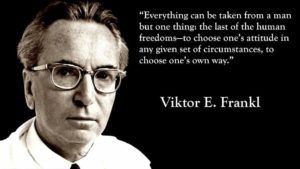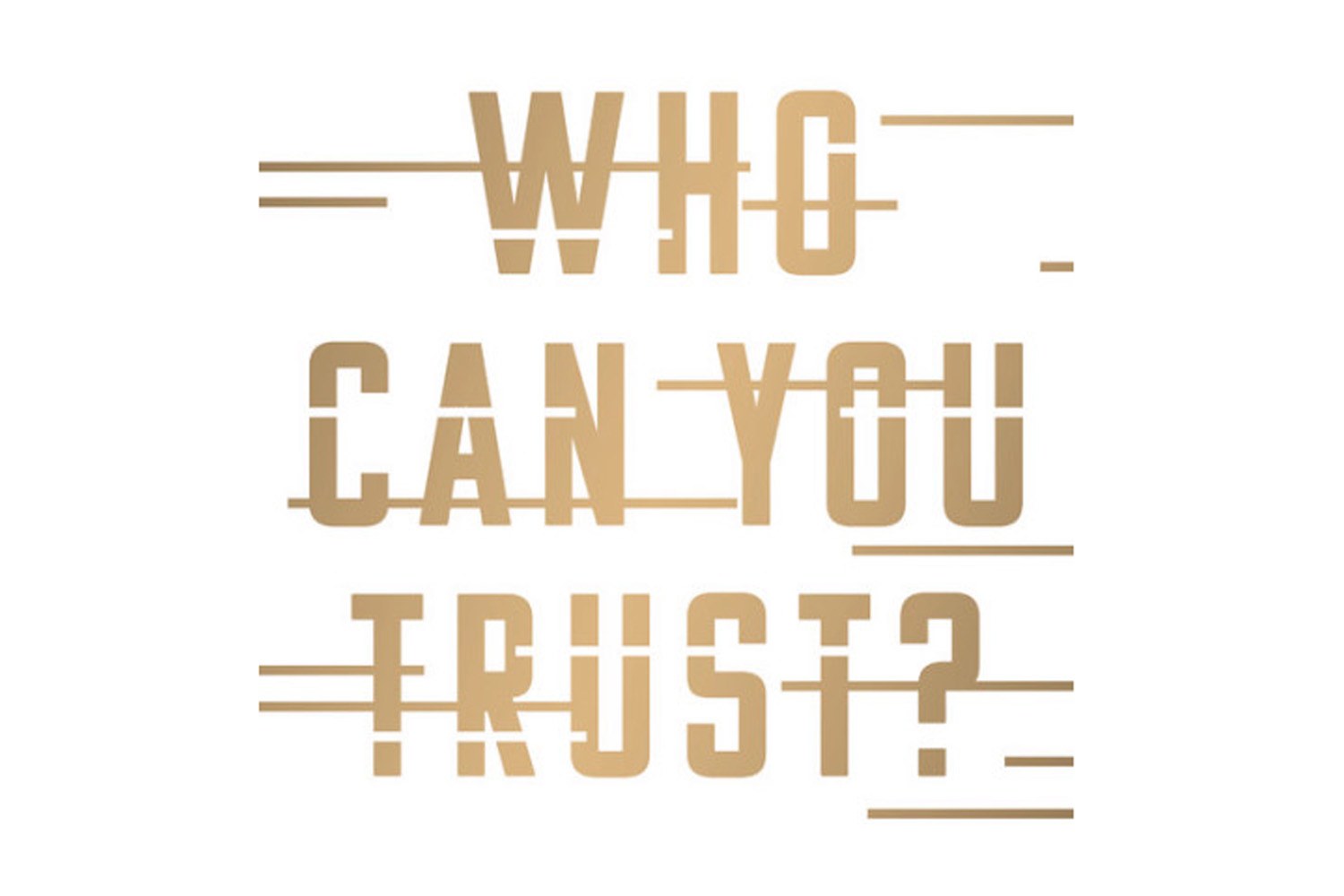 What does it mean to be happy?
What does it mean to be happy?
If I’m lucky (recognize some windfall, sink the 30-foot putt), does that make me happy.
If I get a raise in pay that’s more than I could imagine, does that make me happy?
Better yet, does anything actually MAKE me happy? Does it overcome me? Catch me off guard? Do I make myself happy? Does accomplishment make me happy?
The American Declaration of Independence borrows the phrase “pursuit of happiness” from Scottish philosophers and landed Virginia gentry of the time (and some say back to John Locke, the late-17th-century political philosopher). Notice that while life and liberty are deemed inalienable rights, happiness is not; rather, the PURSUIT of happiness is, thus obfuscating the original issue even more.
It’s easy today to luxuriate in largesse (via home, other assets, wealth, stature, social connectedness) and consider oneself happy. I am often challenged by any metric related to happiness. I see it as black or white. Either I am happy, or I’m not. I rarely find myself “sort of happy.”
I think I can be sort of satisfied, though. So I put these two states, satisfied and happy, in two different camps: One easily measurable and the other not so much. A reward for effort, for example? I feel satisfied. Something that seems instead to just happen? I feel happy.
Philosophers struggle for clarity as well.
Mihaly Csikszentmihalyi, in his landmark book Flow that he wrote while researching what makes people happy, stated:
What I “discovered” was that happiness is not the result of good fortune or random chance. It is not something that money can buy or power command. It does not depend on outside events, but, rather, on how we interpret them. Happiness, in fact, is a condition that must be prepared for, cultivated and defended privately by each person. People who learn to control inner experience will be able to determine the quality of their lives, which is as close as any of us can come to being happy.
Viktor Frankl, Holocaust survivor, psychotherapist, and author of Man’s Search for Meaning, who Csikszentmihalyi often referenced, spoke little about the concept of happiness. When he did, though, he would use “happiness” where I would typically use “satisfaction.” Frankl negates the possibility of “happiness” by suggesting that, without meaning, subjects (i.e., you and I) tend toward criminal behaviors, addictions, and depression. His invention of “logotherapy” was an attempt to help people will themselves toward meaning. Similar to Csikszentmihalyi, he claimed that happiness (through finding personal meaning in life) is an internal choice and not something that’s either thrust upon us or comes through chance.
I think I often amuse myself by considering myself happy when something good happens (e.g., that putt or the Cardinals winning two games in a row). When I consider the above philosophies, I feel like I can really only report varying levels of satisfaction—not happiness.
Picture Frankl in the gloom of Auschwitz, with all the atrocities he could endure, DECIDING to control his emotions (inner experience per Csikszentmihalyi), then surviving, and even thriving. American prisoners of war during the Vietnam Era spoke of DECIDING not to be torturable. One such POW played his favorite golf course in his mind every day for years, thereby controlling his inner experience.
So I’m thinking that “happiness” isn’t luck, satisfaction, largesse, money, status, intimacy or any of these things. Although any of these things could make me happy if I decided to let it.
Here comes my favorite Frankl quote, which I admit I overuse:
Between stimulus and response there is a space. In that space is our power to choose our response. In our response lies our growth and our freedom.
… and our happiness? Indeed.
I choose happy.


